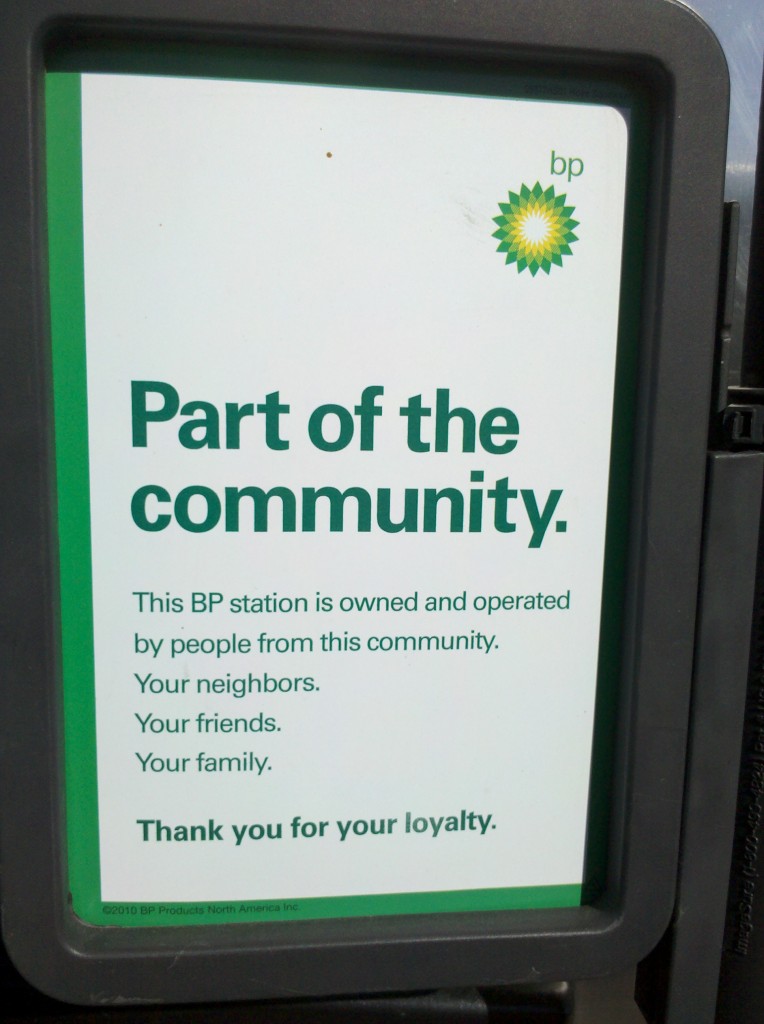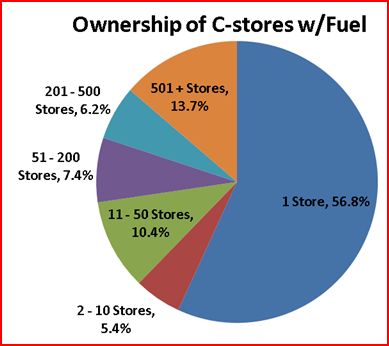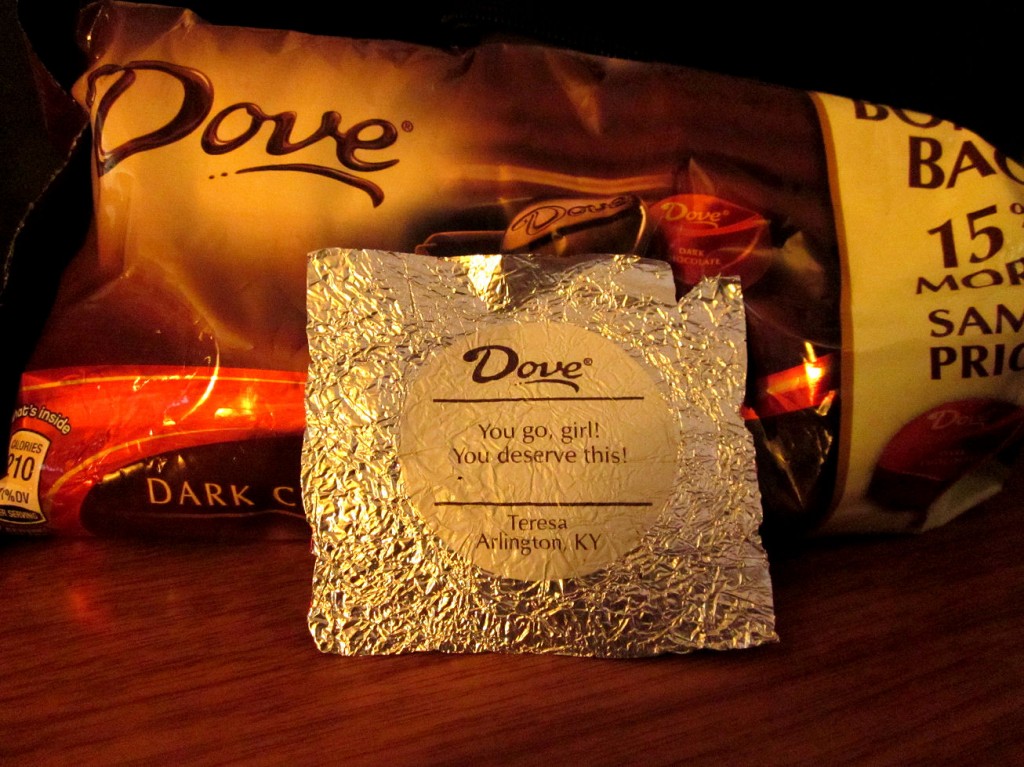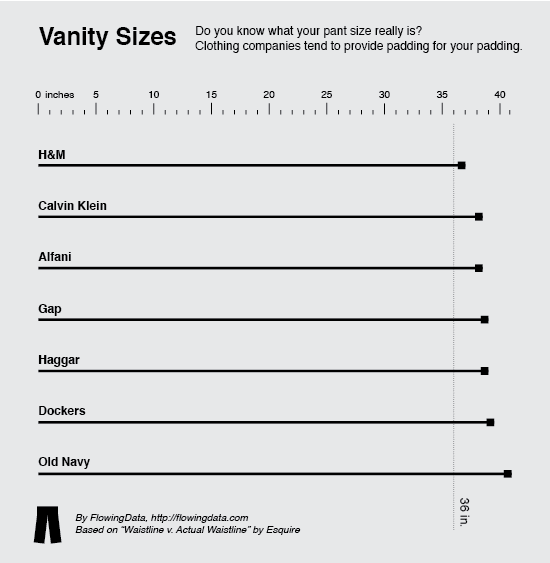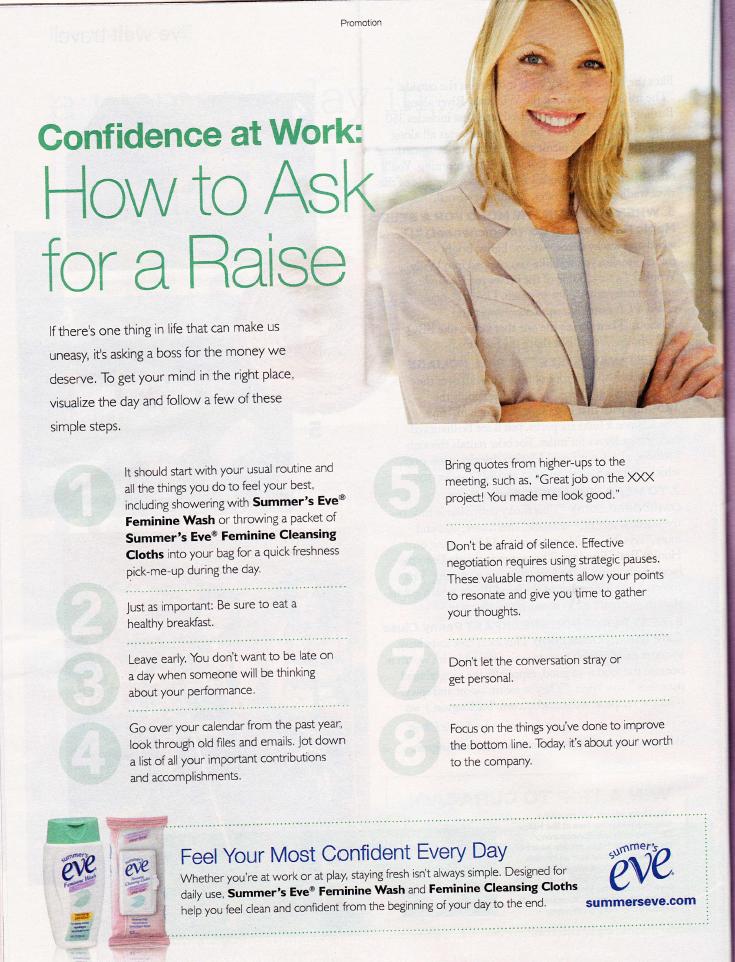Stephen W. sent in a photograph of a public relations notice at a gas station in Kansas City. The notice, from BP, explains that the owner of the BP gas station is a member of the community:
The notice is clearly an effort to smooth over the negative publicity BP has recieved as a result of the oil spill in the gulf. On the one hand, it seems obvious that it’s disingenuous for BP to claim that they are “part of the community.” And, if one wants to boycott BP, one would not want to buy at a BP station.
On the other hand, BP is right. According to the National Association for Convenience Stores, 80% of the gas in the U.S. is bought at convenience stores and in only 2% of cases are these owned by major oil companies (the remainder is largely sold through superstores like Costco and Sam’s Club). 57% of the time, these stores are owned by a person for whom it is a small business and it is the only convenience store they own.
So it is true that, in almost all cases, attempting to police or punish BP by refusing to buy their gas is also hurting a small business owner who has zero control over BP and its policies.
Lisa Wade, PhD is an Associate Professor at Tulane University. She is the author of American Hookup, a book about college sexual culture; a textbook about gender; and a forthcoming introductory text: Terrible Magnificent Sociology. You can follow her on Twitter and Instagram.

